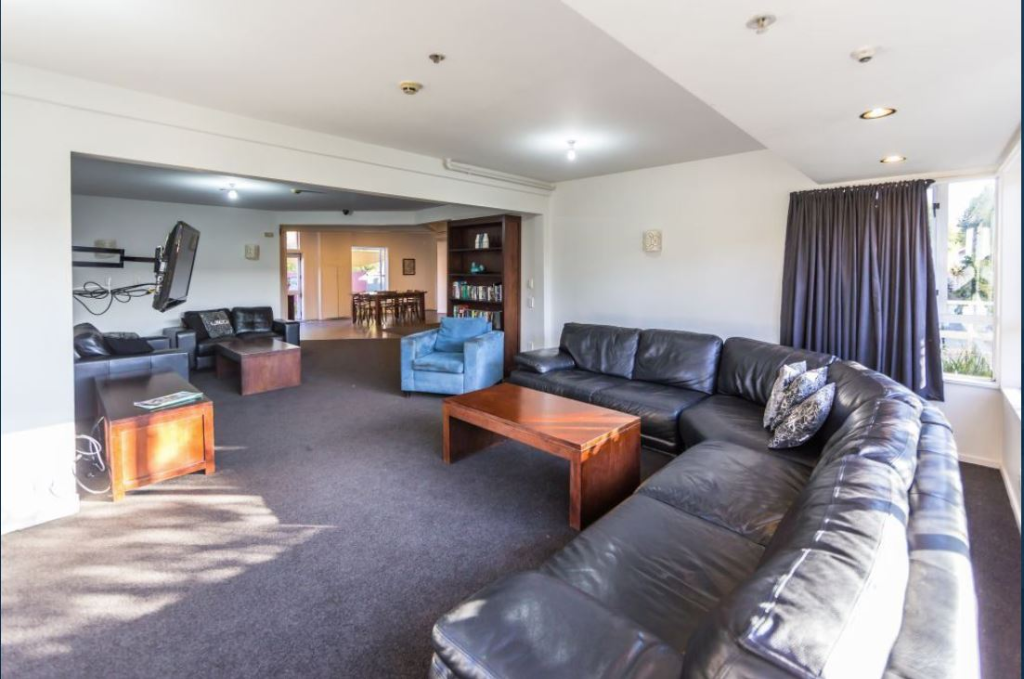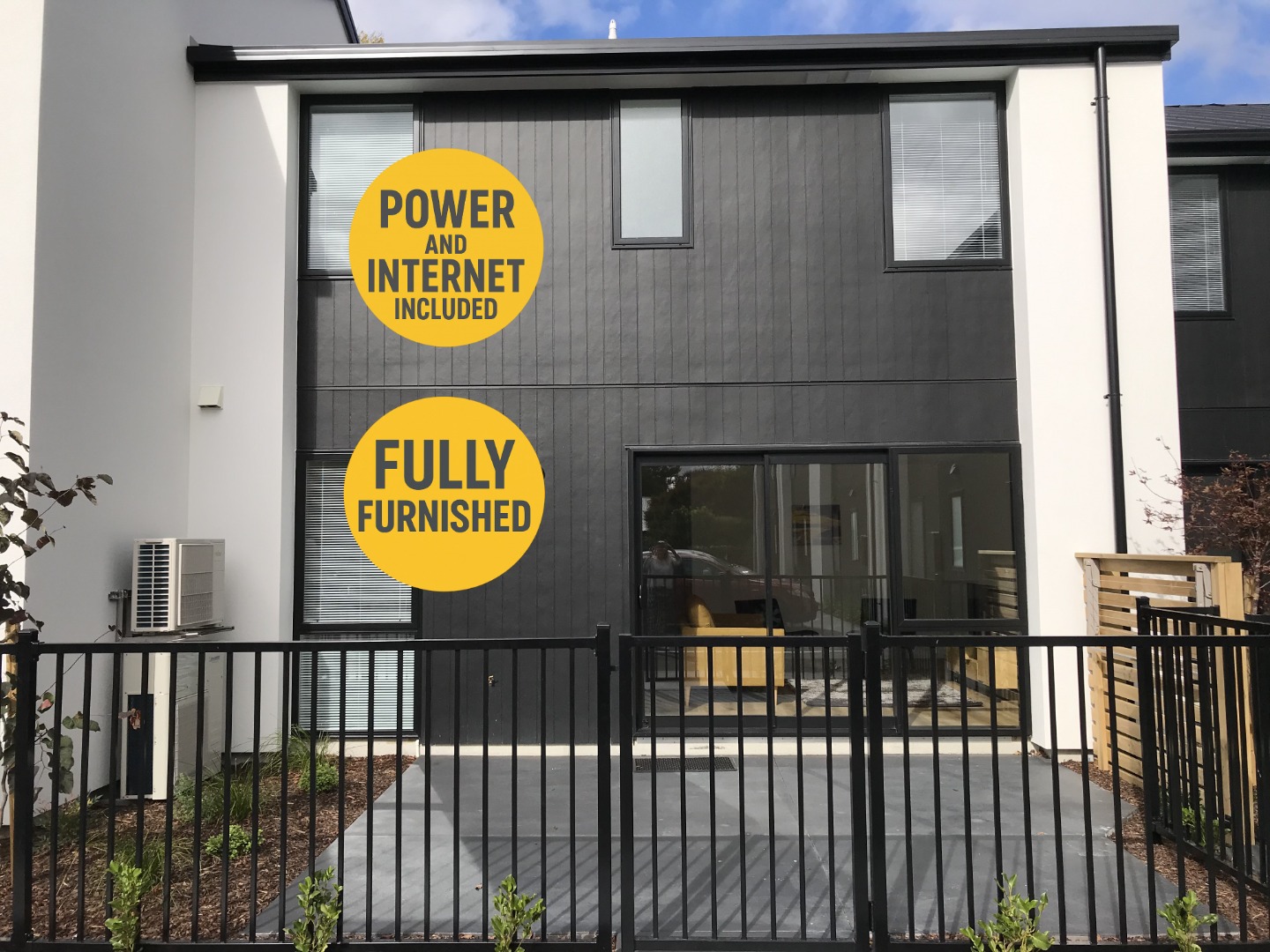

How will the Healthy Homes Bill affect Landlords?

According to the 2013 Census, over 450,000 New Zealand homes were rented. The Healthy Homes Guarantee Bill (No 2) was made law just a few weeks ago and it will be compulsory for every rental home in New Zealand to meet minimum standards of heating and insulation by 1 July 2019.
The Bill, which the National Government opposed, requires minimum standards to be set for heating, insulation, ventilation and drainage in rental homes – we know what the insulation standards are but the remainder are yet to be defined.
Landlords already have obligations to meet under the current law for properties they rent out. This Bill further seeks to specify and enforce standards that ensure warm and insulated homes.
Labour believes the Bill means some of New Zealand’s most vulnerable children and families are on their way towards safer living conditions.
Those who voted for the Bill, along with non-parliamentary supporters like the Children’s Commissioner, are united in the belief that landlords must provide decent insulation and heating in the houses they rent.
Most landlords already do the right thing and rent out homes that are fit for purpose – this Bill is for slum landlords - those who are happy to be paid for faulty and dangerous homes.
A key issue is affordability and the Bill, as it stands, does not provide any relief for the rising costs which are likely to be passed on to renters. Renters and Landlords need to be able to access affordable ways of heating and future-proofing their houses.
It’s all very well to require a method of heating (there has been talk of all rental properties to have a heatpump), but if the tenant cannot afford the increased cost of electricity, what’s the use?
Another example is the requirement for a landlord to maintain all rental property at a specified minimum indoor temperature – how would this apply to properties in say Invercargill where temperatures are lower, could tenants afford to run heating to achieve the minimum temperature?
The temperature in a home is affected not just by design but by how tenants use a property, including using heating devices, pulling curtains and managing ventilation.
Forcing expensive heating into every rental property, as the Healthy Homes Bill seeks to do, is not the right answer.
Some families cannot afford to pay for electricity and the cost of compulsory heat pumps will only push up rental prices and make it even harder for them to use their heaters.
Andrew King, NZPIF, says “We believe making heating and insulation tax deductible or subsidised would be a better strategy than making them compulsory, as this would reduce the pressure for rental prices to increase.
“In addition, we believe that families who have children with identified health problems should be provided with electricity vouchers during the winter months so they can turn their heater on.”
Solutions that focus on the real problems and those in real need are what is called for, King added.


